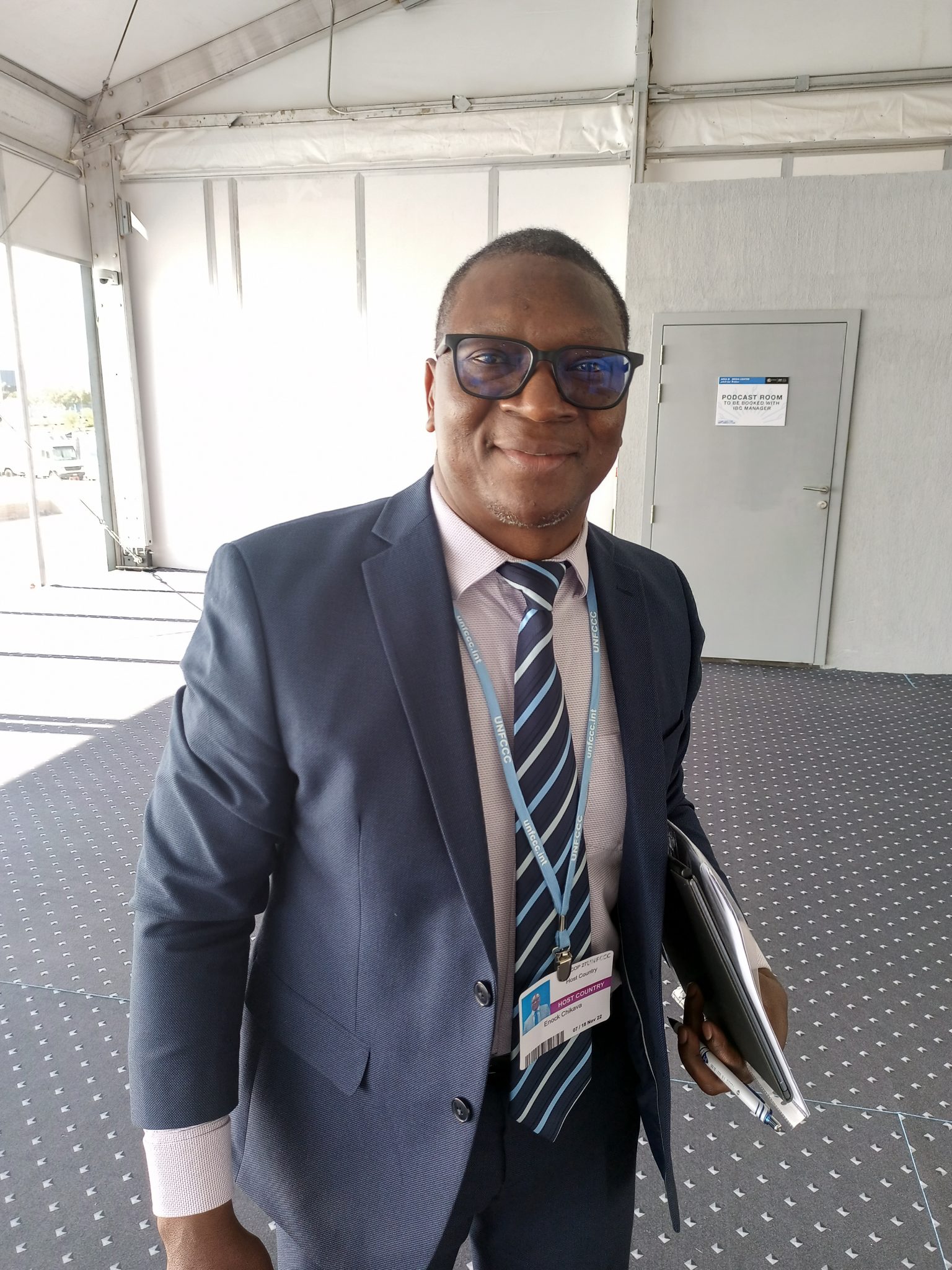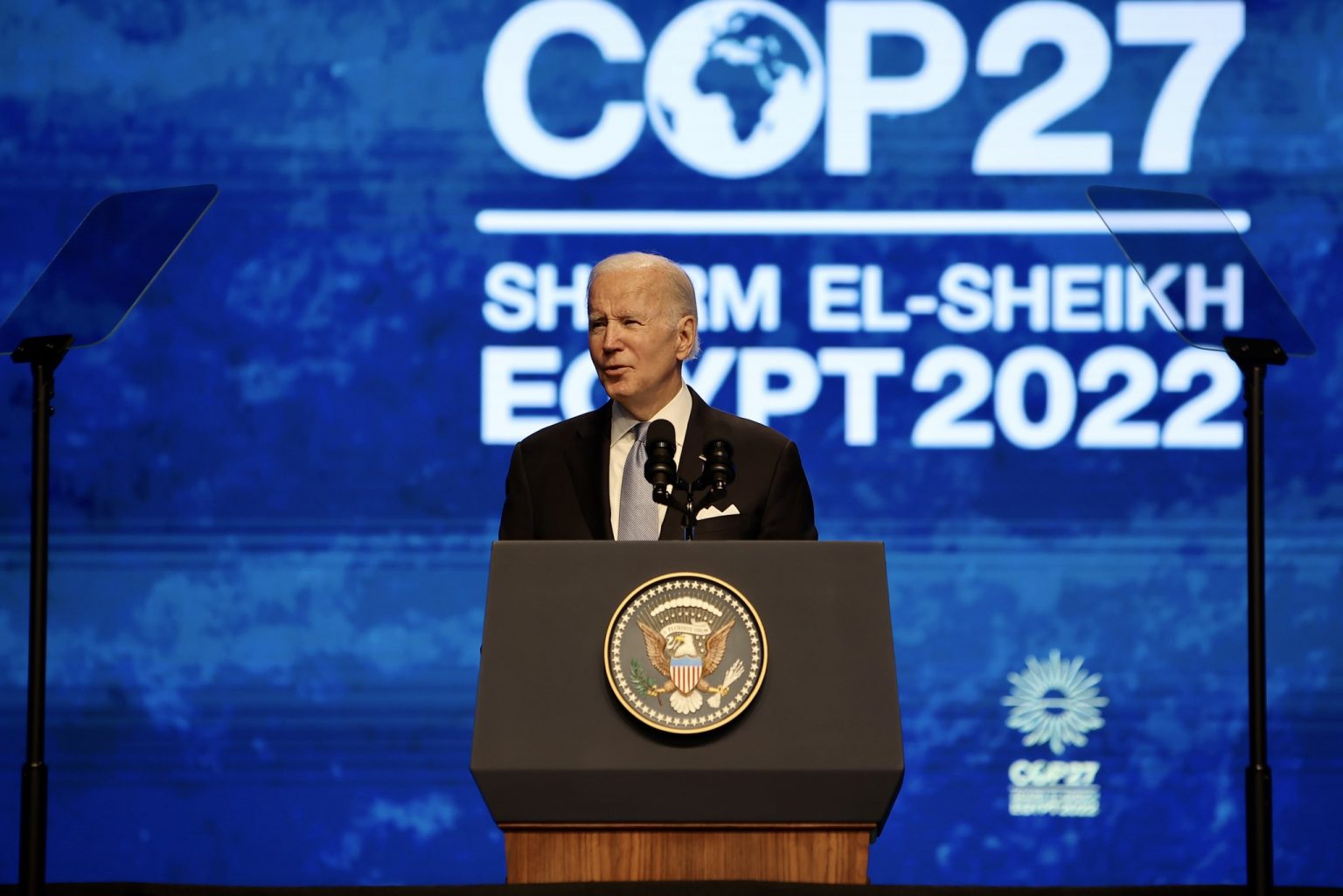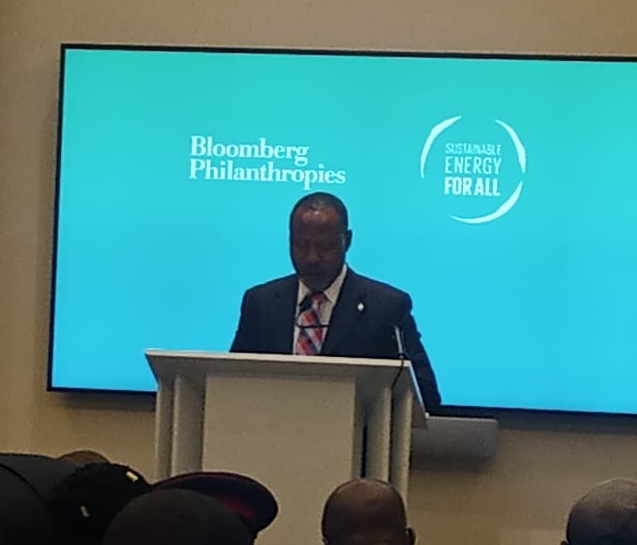From Dare Akogun, Egypt
The Bill and Melinda Gates Foundation has said that its new commitment of $1.4 billion to developing countries was to help smallholder farmers boycott the existential impacts of climate change in Sub-Saharan Africa and South Asia.
The commitment, which is in form of grant, the foundation said, was targeted at funding immediate action and long term initiatives.
Interim Director of Agricultural Development, Bill and Melinda Gates Foundation, Enock Chikava gave this indication while speaking with Sobi FM at the sidelines of the ongoing conference of parties, COP 27 deliberation in Egypt.
Last week, the United Nations hinted that the world is currently not doing enough to assist poorer nations withstand the effects of global warming.
By 2030, it has been projected that the annual financing needs of poorer nations will be $340 billion.
More than 2 billion people depend on smallholder farms for food and income, yet less than 2 per cent of global climate finance is devoted to helping these farms adapt to climate change, the foundation said.
He said food and economic crises would last longer and become more severe as climate threats escalate and further threaten food security by limiting smallholder farmers’ yields and resilience.
“The effects of climate change have already been devastating, and every moment the world delays action, more people suffer, and the solutions become more complex and costly.
“Our commitment will help smallholder farmers adapt today and build resilience for the future.
“It is essential for this climate summit to produce bold commitments that address immediate and long-term needs.
“Leaders must listen to the voices of African farmers and governments to understand their priorities and respond with urgency,” said Chikava.
The Gates foundation official noted that the new funding would focus on spurring African-led innovation to build a pipeline of climate-smart agriculture projects and new applications to support women smallholder farmers to capitalise on their untapped potentials.
Women in rural Africa, he said are the backbone of their food systems, but never had equal access to the resources needed to reach their full potential or build resilience to looming climate threats.
“As the climate crisis accelerates, women’s vital role in their economies is too important to overlook.
“With the right financing and marketing support, women smallholder farmers can earn more in a day than they currently earn in a month; a situation which will boost food production,” he said.
Chivakava added the support would also transform these regional food systems and unlock a healthier, more sustainable, and more prosperous future for families and communities across the continent.
“The climate crisis is causing enormous harm every day as it jeopardizes entire regions of people and economies.
“More funding is necessary to ensure agricultural and technological innovations are widely available to vulnerable communities, helping them to adapt to climate change, save lives and increase economic growth,” he added.





